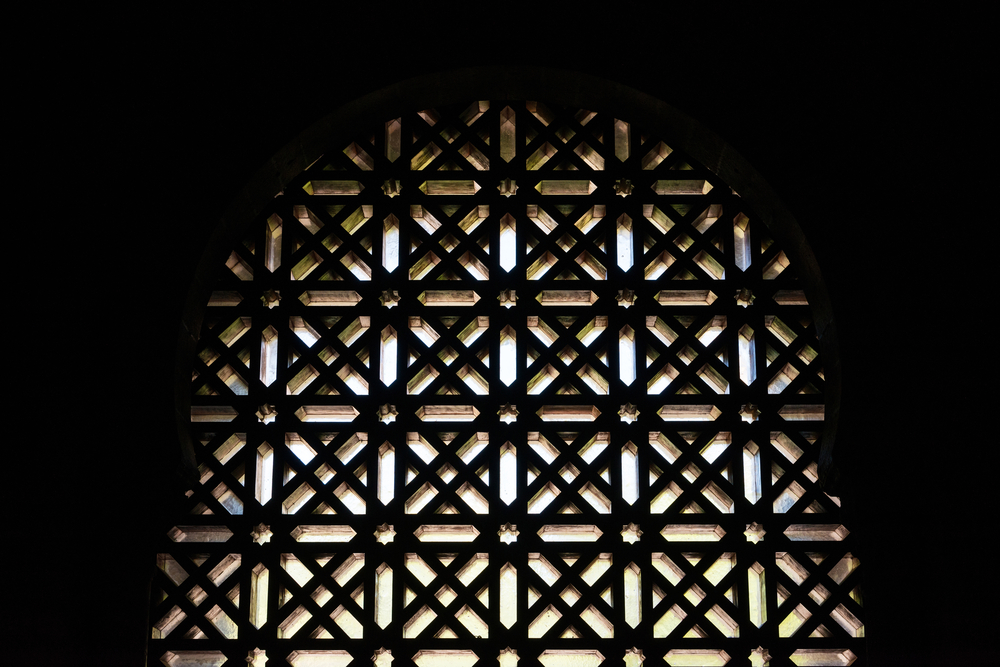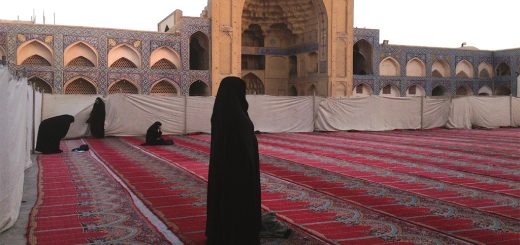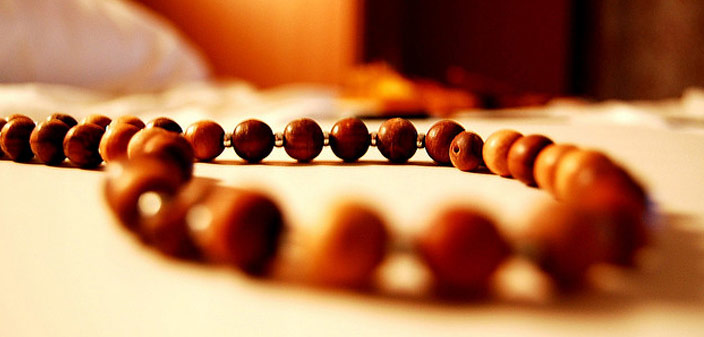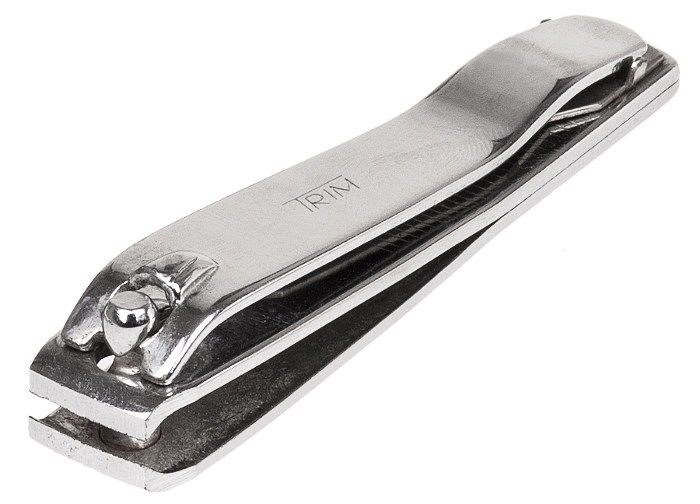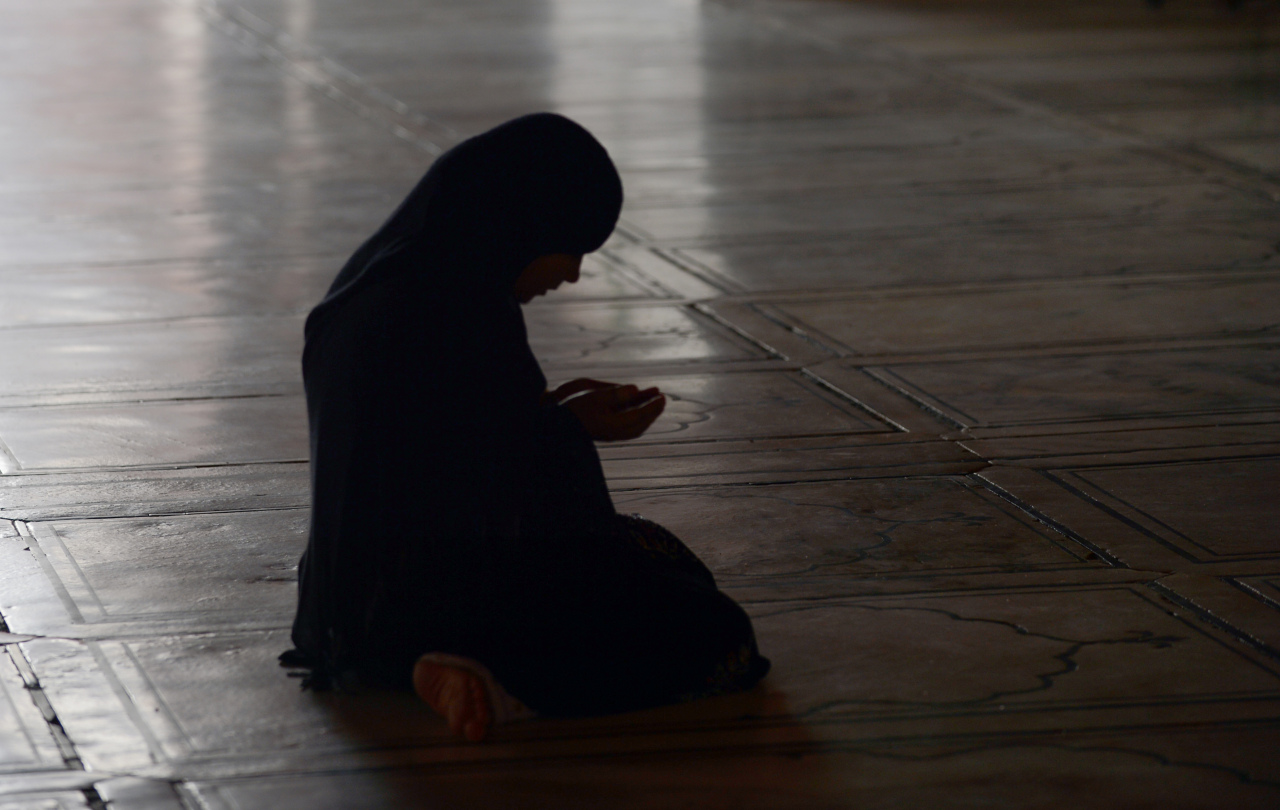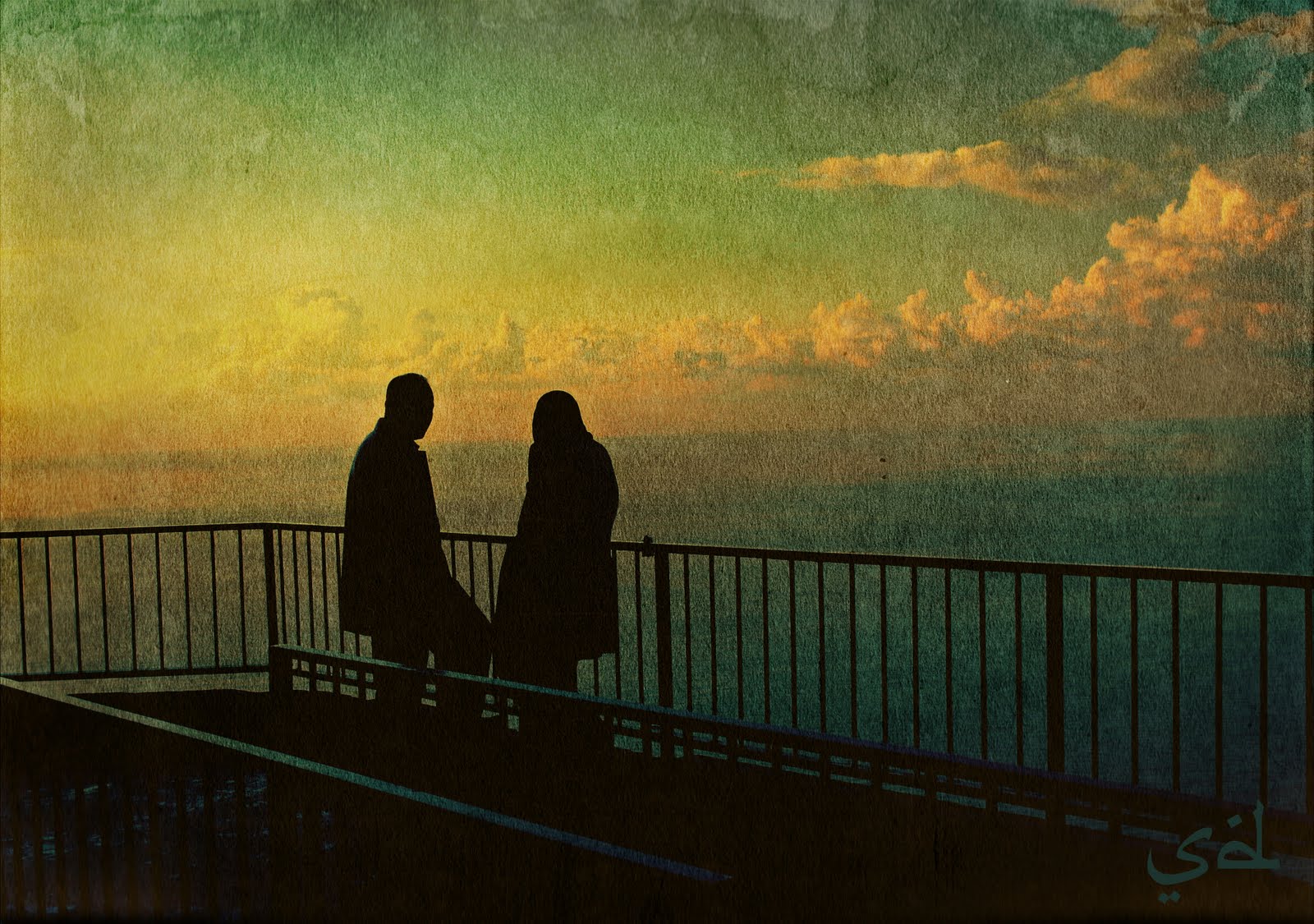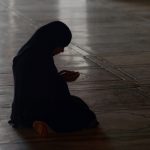QUESTION:
What do the scholars of the Din and muftis of the Sacred Law state regarding the following issue: What is the time period of ‘Iddah for a women whose husband has passed away, and what restrictions does she have – can she meet her relatives?
Questioner: Shahid and Haleemah from England
ANSWER:
بسم اللہ الرحمن الرحیم
الجواب بعون الملک الوھاب اللھم ھدایۃ الحق والصواب
The ‘Iddah [waiting period] for a woman whose husband has passed away four months and ten days[1] i.e. once the tenth night has passed, provided she is not pregnant; the waiting period of a widow will thereby be complete. Just as is stated in the Holy Qur’ān,
{وَالَّذِیۡنَ یُتَوَفَّوْنَ مِنۡکُمْ وَیَذَرُوۡنَ اَزْوَاجًا یَّتَرَبَّصْنَ بِاَنۡفُسِہِنَّ اَرْبَعَۃَ اَشْہُرٍ وَّعَشْرًا}
{And those amongst you who die leaving wives behind, they (widows) shall restrain themselves for four months and ten days}
[Sūrah al-Baqarah, 234]
With regards to the restrictions for such woman, it is wājib for her to mourn, and the meaning of mourning is for her not to beautify herself (e.g. makeup, jewellery) i.e. her not wearing any type of jewellery or silk clothing – even if of a black colour. She is also not to wear any perfume[2] on her body or clothes, nor apply any oil – even if it is not of the scented kind – nor use a comb, nor apply any black surmah [kohl] or mehndi [henna], nor any red clothing. In short, it is wājib to avoid anything which falls under the definition of beautifying.
Just as it is stated in Durr Mukhtār along with Radd al-Muhtār,
“تَحُدُّ أَيْ وُجُوبًا مُكَلَّفَةٌ مُسْلِمَةٌوَلَوْ أَمَةً مَنْكُوحَةٌبِتَرْكِ الزِّينَةِ) بِحُلِيٍّ أَوْ حَرِيرٍ، أَوْ امْتِشَاطٍ بِضَيِّقِ الْأَسْنَانِ (وَالطِّيبِ) وَإِنْ لَمْ يَكُنْ لَهَا كَسْبٌ إلَّا فِيهِ (وَالدُّهْنِ) وَلَوْ بِلَا طِيبٍ كَزَيْتٍ خَالِصٍ (وَالْكُحْلِ وَالْحِنَّاءِ وَلُبْسِ الْمُعَصْفَرِ وَالْمُزَعْفَرِ) وَمَصْبُوغٍ بِمَغْرَةٍ، أَوْ وَرْسٍ)”
[al-Durr al-Mukhtār, vol 5, pg 221]
A Muslim woman who is free i.e. not a slave, able to comprehend, and mature is not permitted to leave the house she was living in when her husband passed away – neither during the day, nor at night, even if the husband permitted her to leave during his lifetime. Just as it is stated in Durr Mukhtār,
“وَلَا تَخْرُجُ مُعْتَدَّةُ رَجْعِيٍّ وَبَائِنٌ لَوْ حُرَّةً مُكَلَّفَةً مِنْ بَيْتِهَا أَصْلًا لَا لَيْلًا وَلَا نَهَارًا”
With the following mentioned alongside it,
“وَتَعْتَدَّانِ أَيْ مُعْتَدَّةُ طَلَاقٍ وَمَوْتٍ (فِي بَيْتٍ وَجَبَتْ فِيهِ) وَلَا يَخْرُجَانِ مِنْهُ”
[al-Durr al-Mukhtār, vol 5, pg 227]
Thus, a widow cannot leave this home during ‘Iddah in order to meet someone; yes, there is no problem in a Mahram visiting her while she is in this house.
[1] according to the lunar calendar
[2] This does not mean that she avoids basic hygiene, for instance, she may wear an unscented anti-perspirant in order to avoid [the smell of] perspiration.
واللہ تعالی اعلم ورسولہ اعلم صلی اللہ علیہ وآلہ وسلم
کتبہ ابو الحسن محمد قاسم ضیاء قادری
Answered by Mufti Qasim Zia al-Qadiri
Translated by Haider Ali
Read the original Urdu answer here: [Q-ID0730] What is the time period of Iddah for the Widow and what are the restrictions?
Also see:
